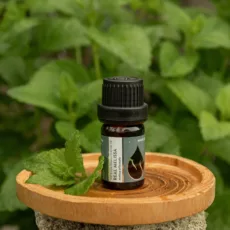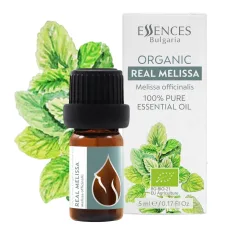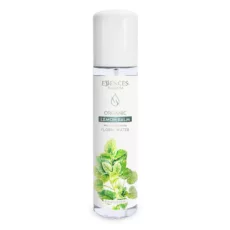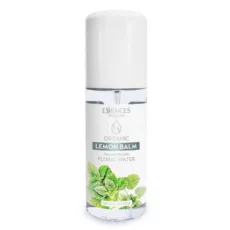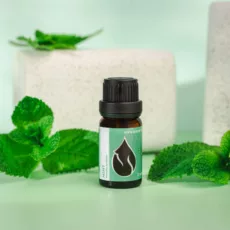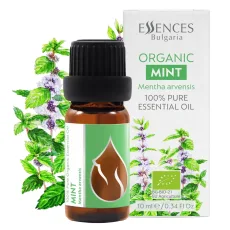Melissa
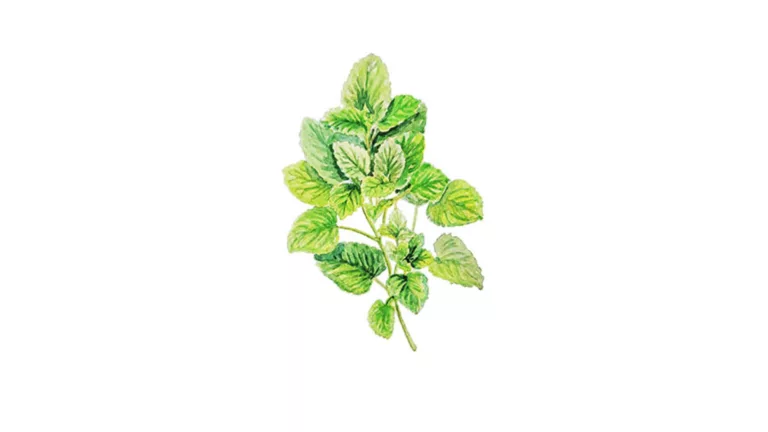
Lemon balm (Melissa officinalis), also called “lemon mint,” is a perennial herbaceous plant from the mint family (Lamiaceae). The flowers of lemon balm are arranged in false whorls and may be pale yellow, white, or pink.
Thanks to its magical minty-lemon fragrance, it is a favorite food for bees—the aroma of its blossoms, which contain abundant nectar, irresistibly attracts insects. The delicate scent of lemon balm is due to the terpenes it contains: citronellal, citronellol, citral, and geraniol. The most useful part of the herb is its leaves, which have a fresh, pleasant smell reminiscent of lemon peel.
The renowned physician Paracelsus called this aromatic herb “the elixir of life,” because it brings joy to the heart and mind. Since deep antiquity it has been known as a remedy used by ancient Greek healers to treat all manner of nervous-system disturbances and bacterial infections of various origins.
It was also used in the Middle Ages to combat stress and anxiety and to promote more restful sleep. It is known for improving appetite and relieving the pain and discomfort of indigestion (including gas, bloating, and colic).
Lemon balm is a loyal ally to women in their desire to be more beautiful, youthful, and feminine. In folk medicine, lemon balm is used for palpitations and rapid pulse; feelings of agitation and tension; depression; a calmer, more restorative sleep; high blood pressure; herpes; to improve mood and concentration; for labor pains; and for the treatment of gynecological ailments and infertility.
